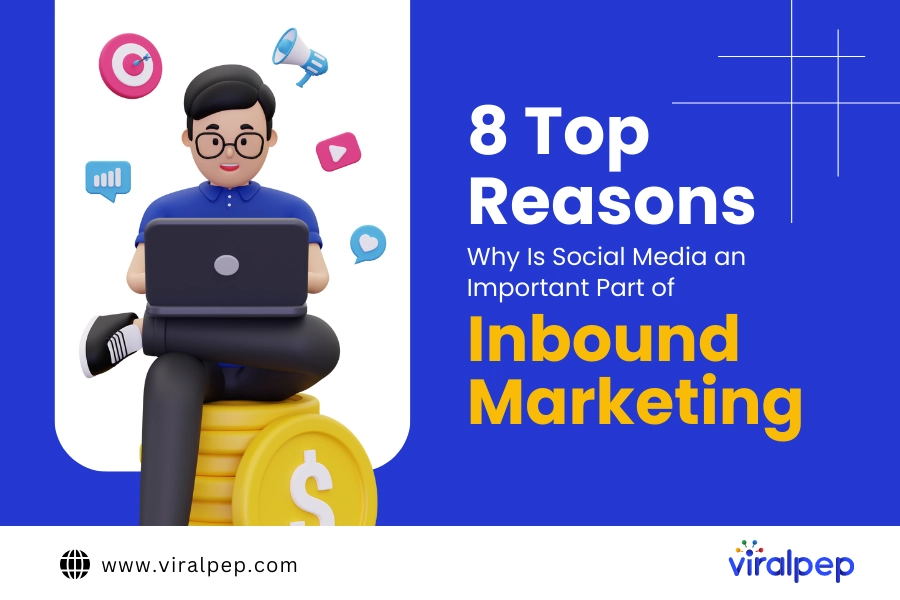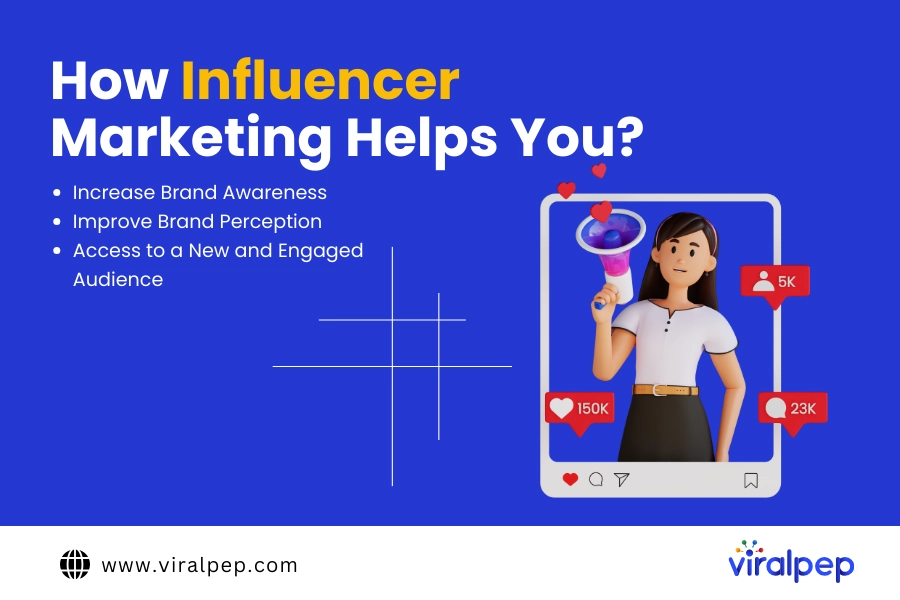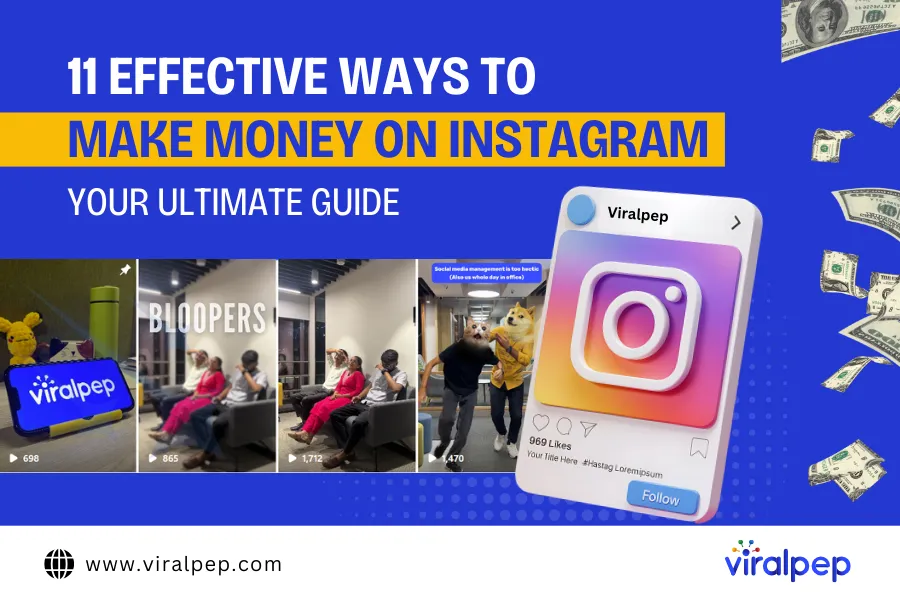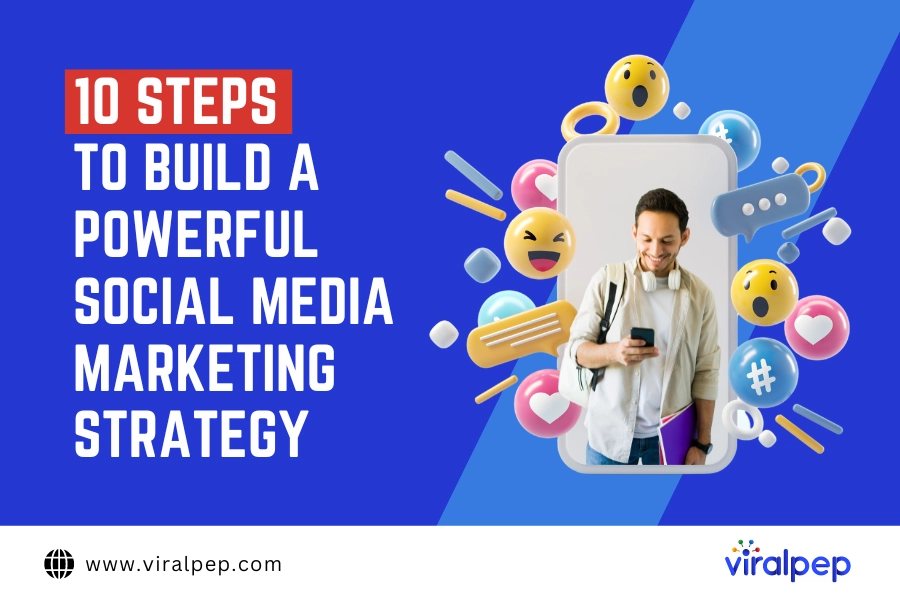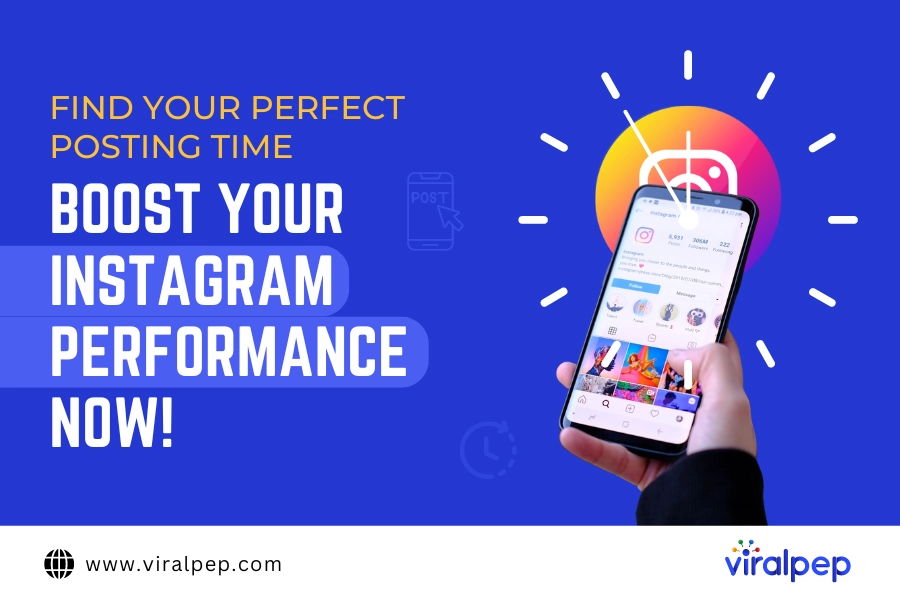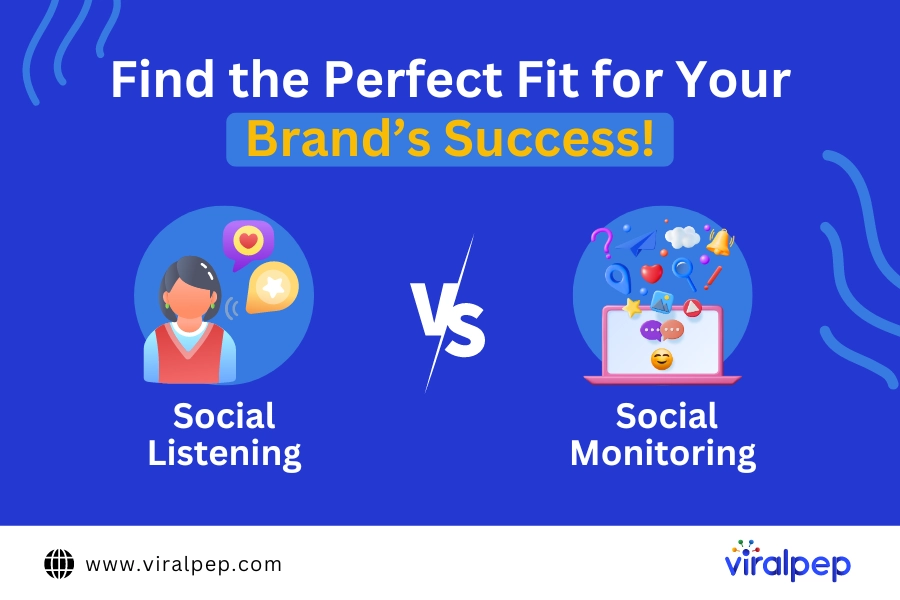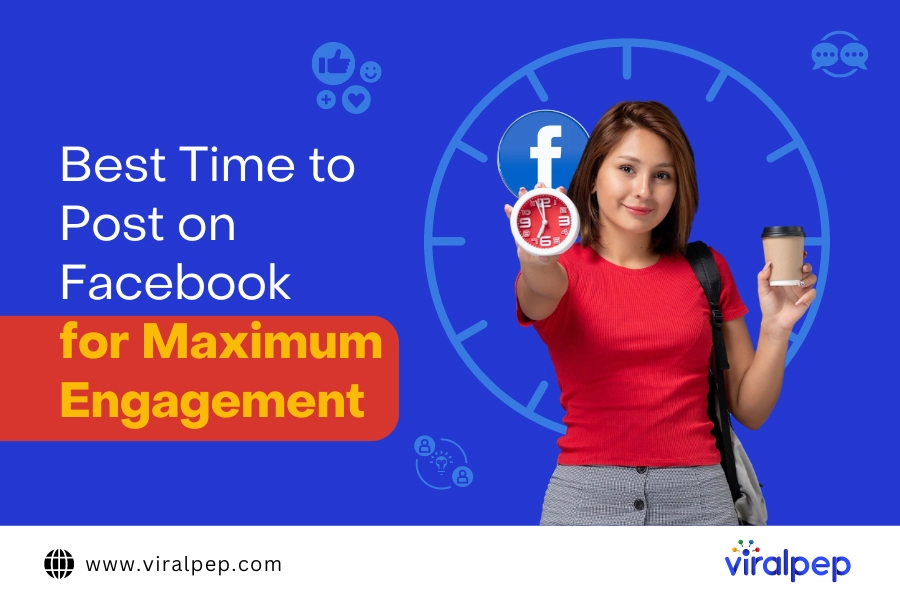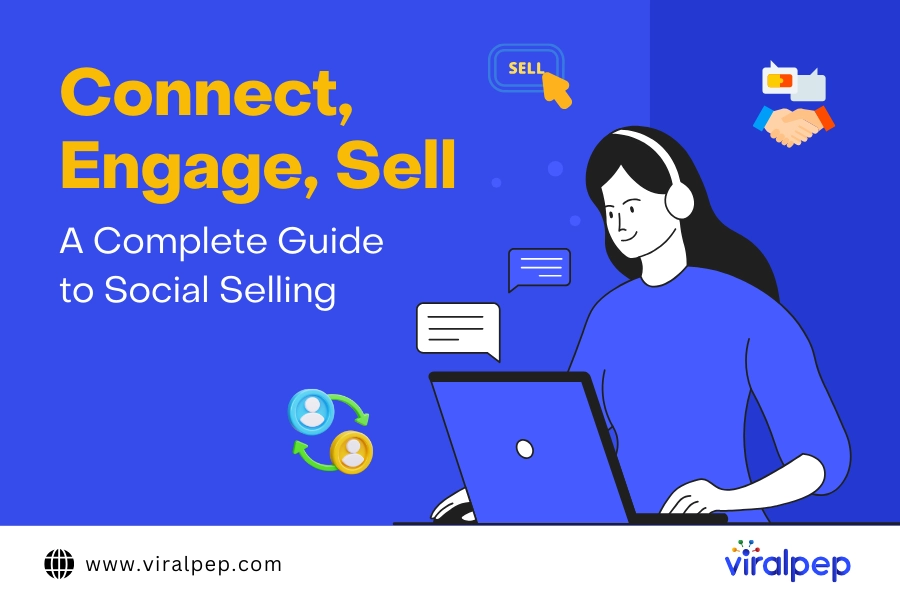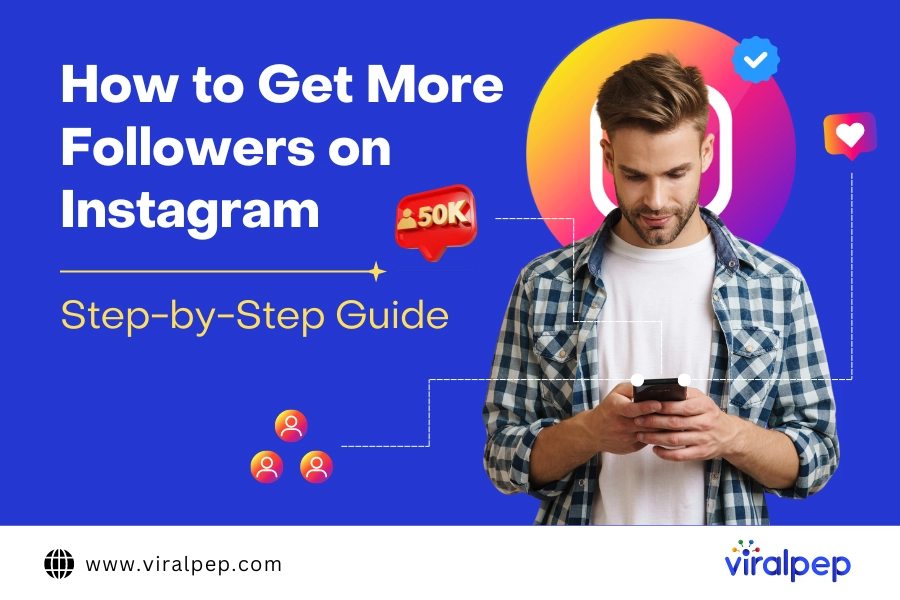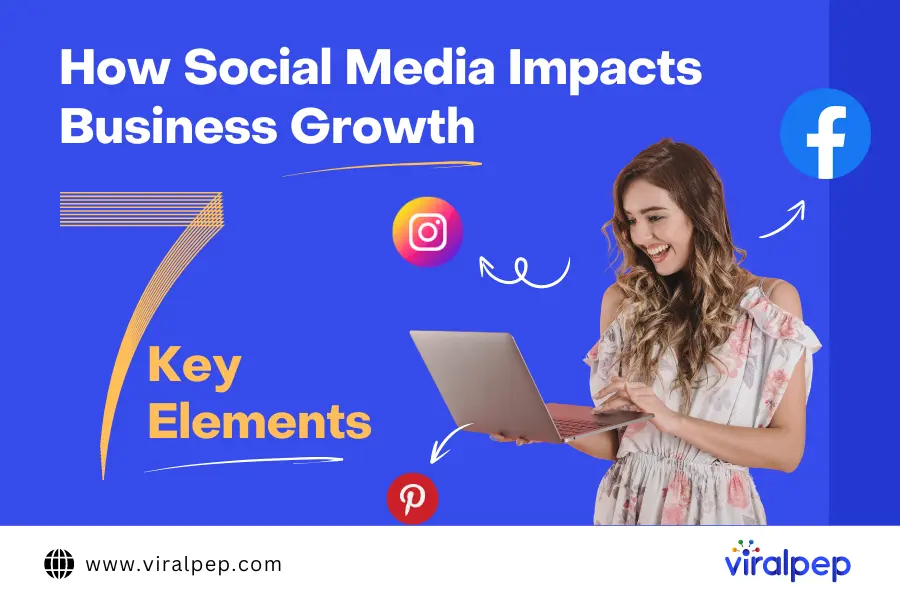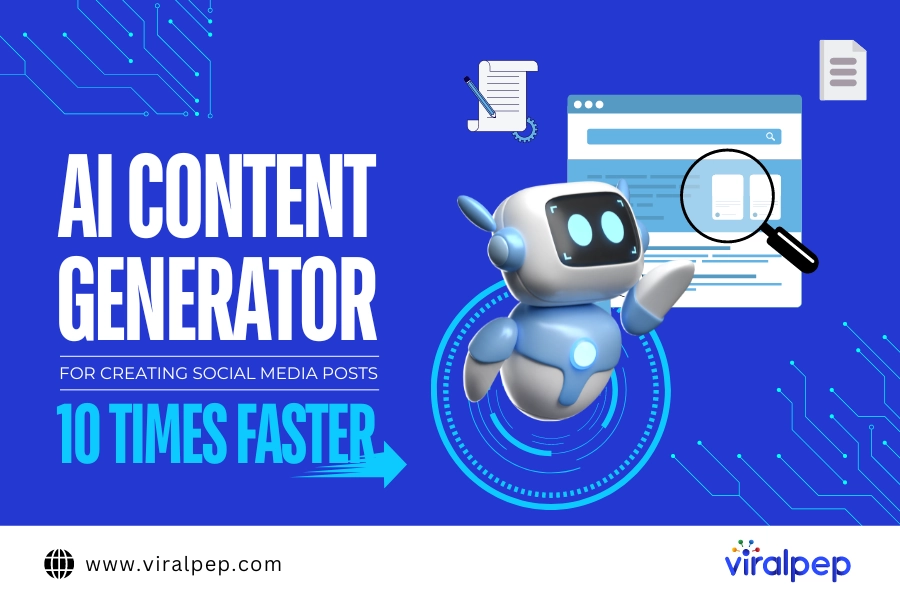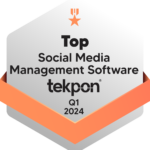Introduction
Nowadays, where virtual connections bridge gaps and information travels at lightning speed, social media has emerged as a transformative force in the realm of marketing. Social media platforms have revolutionized the way individuals interact, communicate, and consume content, making them an essential component of organizations' inbound marketing strategies.
You have a never-before-seen chance to interact directly with your target market through them, increase brand recognition, and develop deep connections. This blog post will examine the eight main reasons that have made social media so important to inbound marketing.
What is an Inbound Marketing?
Inbound marketing is a digital marketing strategy that primarily focuses on attracting and engaging users by designing and creating valuable content per your niche. A customer-centric approach aims to provide helpful and relevant information to the target audience, drawing them towards the brand or business.
Inbound marketing often contrasts with traditional outbound marketing, which typically involves interruptive tactics like cold calling, direct mail, or television advertisements. Instead of pushing messages out to a broad audience, inbound marketing seeks to pull people in by addressing their needs and interests.
8 Key Reasons Why Is Social Media an Important Part of Inbound Marketing
Social media plays a crucial role in inbound marketing strategies. Here are eight key reasons social media is an important part of inbound marketing:
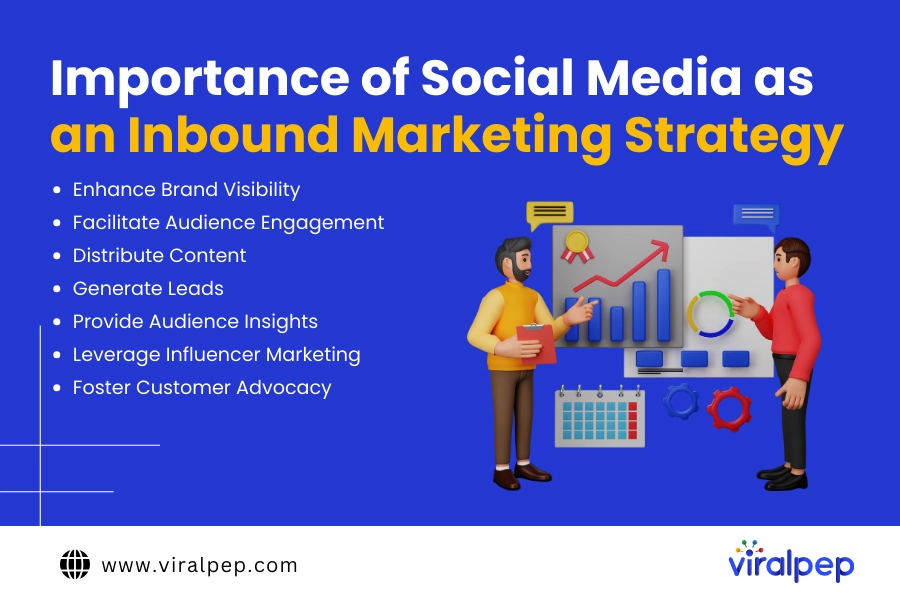
You Can Easily Enhance Your Brand Visibility
Incorporating social media into your inbound marketing strategy offers a key benefit: the opportunity to expand your reach and increase brand awareness. With billions of active users on platforms like Facebook, Instagram, Twitter, and LinkedIn, you have a significant chance to connect with a vast audience.
To gain a broader demographic and boost brand visibility, one effective approach is to create captivating content and distribute it across multiple social media platforms.
Moreover, social media platforms allow users to share, like, and comment on posts. This organic sharing allows businesses to extend their reach as their content is circulated within users' networks.
You Can Smoothly Handle and Perform Perfect Audience Engagement
Engage directly with your target audience using social media platforms. Moreover, you can build relationships, provide customer support, and gather feedback through comments, likes, shares, and direct messages. This engagement fosters a sense of community and enhances brand loyalty.
Easily Deal With an Efficient Content Distribution Process
Inbound marketing relies on creating valuable content that attracts and engages potential customers.
Social media platforms give you the best options to broadcast your content, like blog posts, videos, infographics, etc., per your niche. Moreover, you can even share the content on social media; businesses can amplify their reach and generate more inbound traffic.
You Can Effectively Work Out On Lead Generation
Social media offers various tools and techniques to capture leads and generate conversions. By strategically placing lead capture forms, utilizing call-to-action buttons, and running targeted advertising campaigns, businesses can drive traffic to their website and capture valuable leads for further nurturing and conversion.
Gain Adequate Audience Insights on Your Brand
Social media platforms provide valuable analytics and insights into audience behavior, interests, and demographics. This data enables businesses to refine their inbound marketing strategies, create more targeted content, and tailor their offerings better to meet the needs and preferences of their audience.
Influencer Marketing
Influencer marketing has emerged as a highly effective strategy for businesses to reach their target audience through influential individuals on social media. These individuals, known as influencers, have amassed large followings and enjoy high levels of trust and engagement from their audience.
Pin itShare
By partnering with relevant influencers in their industry, businesses can leverage their reach, credibility, and influence to promote their products or services.
Building a Community and Engaging with Customers
You can use social media to create an online business community and interact directly with your customers. By actively engaging in conversations, replying to messages and comments, and sharing insightful information, you can create a feeling of community and develop deep connections with your clients.
Through regular interactions, businesses can gain insights into their customers' needs, preferences, and pain points. This information can then be used to tailor marketing strategies, create relevant content, and develop products or services that better meet customer expectations.
Leveraging User-Generated Content
User-generated content (UGC) refers to any content consumers create about a brand or its products. With the help of leading Social media platforms, you can efficiently provide the ideal environment for users to share their experiences, reviews, and recommendations.
By encouraging and showcasing UGC, businesses can harness the power of social proof, where the positive experiences of existing customers influence potential customers. Sharing UGC increases credibility and helps generate authentic content that resonates with the target audience.
Conclusion
So, what are you waiting for? You can now plan to incorporate social media into your inbound marketing strategy and prepare to yield numerous business benefits.
From expanding reach and building brand awareness to driving website traffic, fostering community engagement, and leveraging user-generated content and influencer marketing, social media offers are the best option for you to connect with your target audience with only one aim to achieve your marketing goals.
However, it's important to remember that successful social media marketing requires thoughtful planning, consistent effort, and continuous evaluation. By staying updated on social media trends, refining your strategies, and adapting to the evolving digital landscape, you can maximize the potential of social media as an essential component of your inbound marketing efforts.
FAQs
What is the ultimate goal of Inbound Marketing?
Inbound marketing aims to convert these prospects into leads, customers, and ultimately brand promoters. This is achieved by nurturing relationships, providing personalized experiences, and guiding individuals through the buyer’s journey with relevant content at each stage.
How does social media contribute to brand awareness in inbound marketing?
Social media contributes to brand awareness in inbound marketing by amplifying reach, building a brand personality, encouraging user engagement, facilitating content distribution, and harnessing the power of influencer marketing.
Can social media help in building customer relationships and loyalty in inbound marketing?
Social media platforms offer businesses a powerful toolset to build customer relationships and foster loyalty in the context of inbound marketing. By engaging with customers, providing valuable content, facilitating community interactions, and leveraging customer feedback, businesses can create meaningful connections and establish themselves as trusted and customer-centric brands.
What role does social media analytics play in inbound marketing?
Social media analytics is one of the major prospects in inbound marketing by providing valuable insights into audience behavior, content performance, and campaign effectiveness. It involves collecting and analyzing data from social media platforms to inform marketing strategies and improve engagement with the target audience.
Which social media platforms should I use for inbound marketing?
The choice of social media platforms depends on your target audience and the nature of your business. However, some popular platforms that are often used for inbound marketing include:
- YouTube
How can I effectively use social media for inbound marketing?
Here are some tips to make the most of social media for inbound marketing:
- Define your goals
- Understand your audience
- Share valuable content
- Engage with your audience
- Use visual content
- Leverage hashtags
- Analyze and optimize


